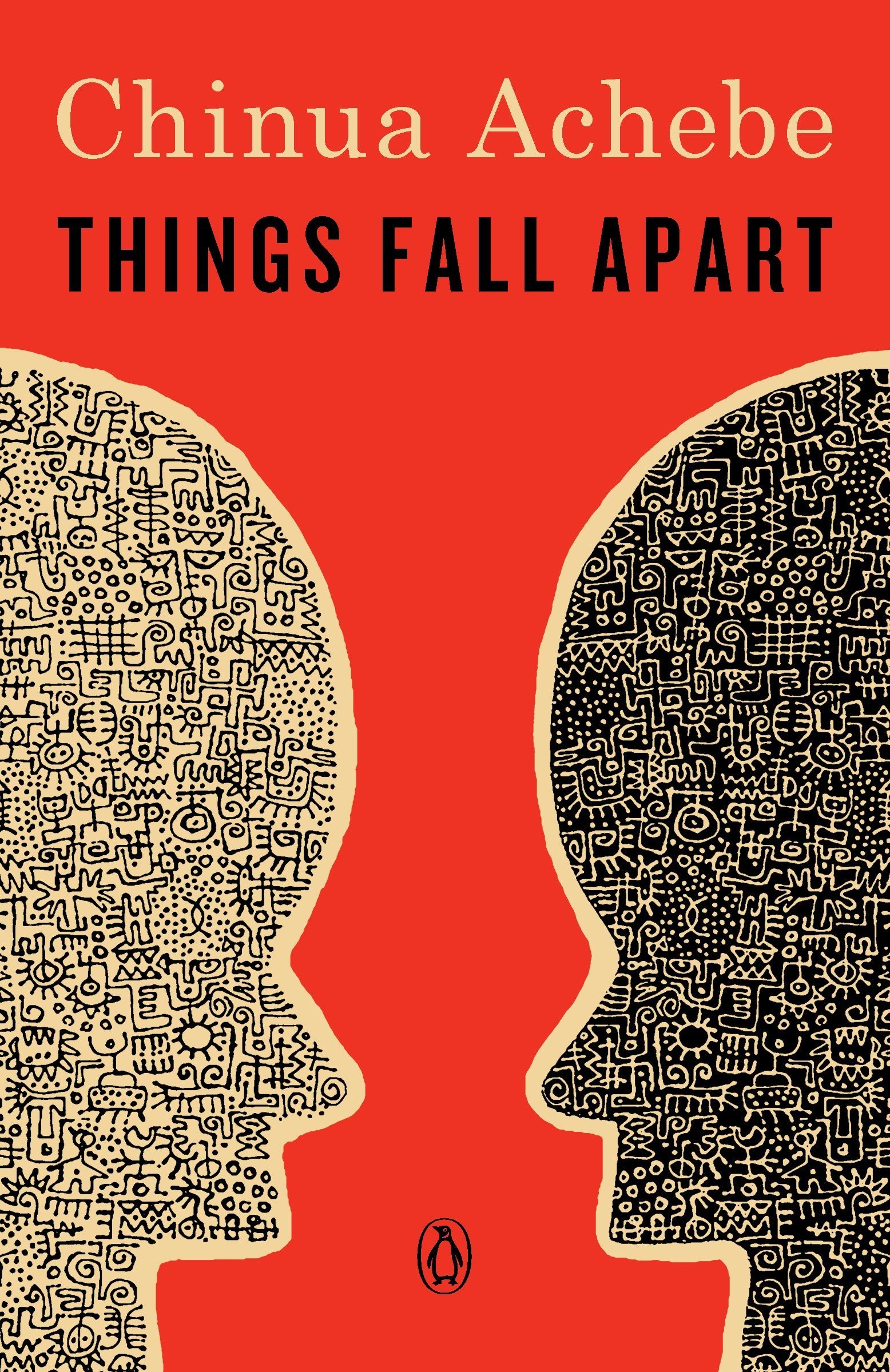Subscripe to be the first to know about our updates!

Things Fall Apart: Traditions as a Tool of Resistance
Written by Abduljalil Alsuhaimi
Edited by Alaa Alghamdi
Things Fall Apartdescribes the life of a community in a town named Umuofia that is riddled with bizarre myths and legends. It is also full of stories of success, love and peaceful coexistence despite pagan beliefs that affect the society. In this regard, Chinua Achebeuses a method to list proverbs and popular names to reflect adherence to customs and traditions.
The novel describes Okonkwo’s life in the past, the life in the village of Umuofia, how it is full of life and full of excitement, the way people live and interact with each other, their way of solving problems and the distribution of their cultivated land. The novel talks about pagan myths in this village and how it affects people. Although these myths seem absurd and contrary to the mind, people adapt to it with so much peace and love. In the first section of the novel, we see the nature of the life of an entire community, especially the life of Okonkwo. Okonkwo is a strong, and highly successful character. He has a leadership spirit that makes him able to manage well in his entire village. He is one of the village members who strongly adheres to the heritage, traditions and customs that he was brought up in and which it is impossible to abandon in every detail of his life. The writer’s ability to portray Okonkwo with these qualities has a strong relationship with the recent seasons when the “white man” enters the village and tries to control it. This ability to live and manage well the community’s affairs of Okonkwo reflects the independence of that community from any other authority that claims to help lagging societies prepare for urbanization by teaching them new beliefs. Although the culture of this society appears to be somewhat primitive, the society appears to be completely homogenous and able to live in peace. Even when major problems and conflicts occur, the laws seem sometimes cruel and largely unjust, but society accepts them and does not revolt against the provisions imposed by these laws derived from old customs and traditions. Adapting to the old traditions and the customs of the ancestors, a homogeneous society capable of managing its affairs was created even if it is not civilized according to others. Also, this acclimatization and acceptance reflects the firmness of customs in that society. The community in Umuofia consider these customs and traditions as an essential part of its identity, so abandoning these customs will be an abandonment of identity. The aesthetic of the novel appears in the ability to portray the identity of this society through its adherence to customs and traditions, and its complete homogeneity with it.
While the first section of the novel shows and depicts the identity of the community in Umuofia which adheres to its customs and traditions and is very sticking to this identity, the second section depicts an attempt to destabilize this identity and to impose another identity on it. The title of the novel reflects these things that began to be shaken by colonialism. This title, which the writer quoted from William Butler Yeats’s poem, could be a reflection of the influence of colonialism on peoples. When the colonizers enter, there will be no center or reference. Instead, chaos and loss of identity will prevail, and then the tragedy truly begins.
The colonizer in a smart way was able to differentiate the components of the society by questioning these traditions, which are an essential part of the identity of the society. If these traditions and customs fall, the society will disintegrate and the control over it will be easy. The novel describes Okonkwo as a symbol of resistance and a symbol of the post-colonial man. He is the main character who resists the colonizers. The novel asserts that the more people adhere to tradition, the more people reject the notion of colonialism. The tools Okonkwo uses to resist colonialism are his traditions and customs, while the tools that colonialism uses to control people are through cultural influence.
At the end of the novel, Okonkwo’s suicide seems to be an expression of his complete refusal to submit to colonial domination. He accepts killing himself, but he never accepts to be under the authority of the white man.
Alaa Alghamdi: Associate Professor of English – Taibah University